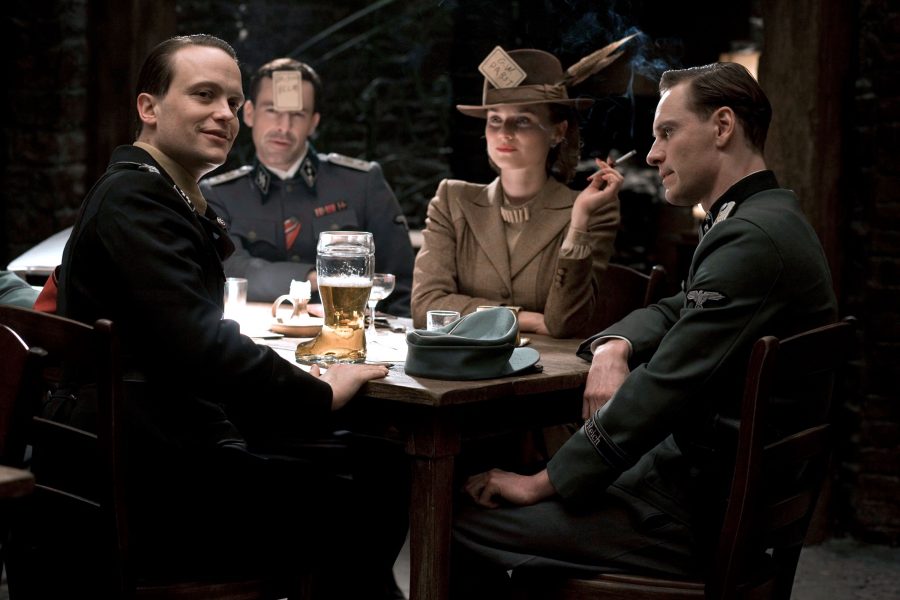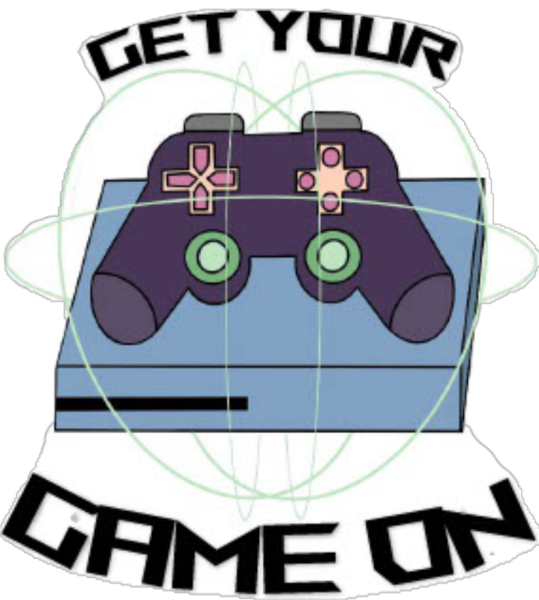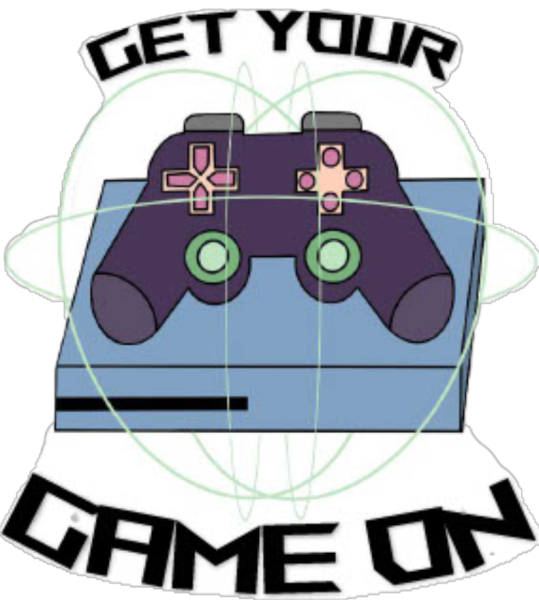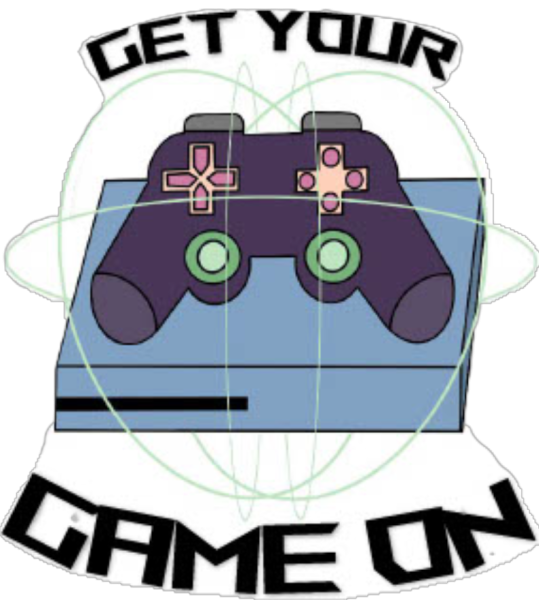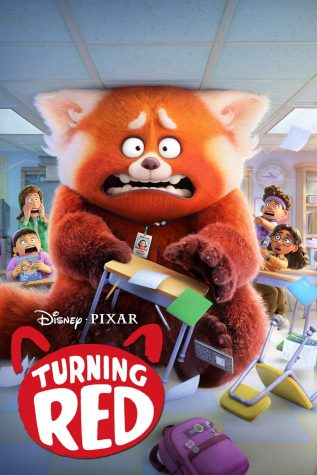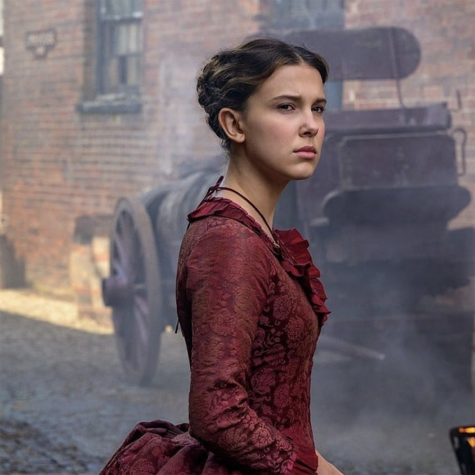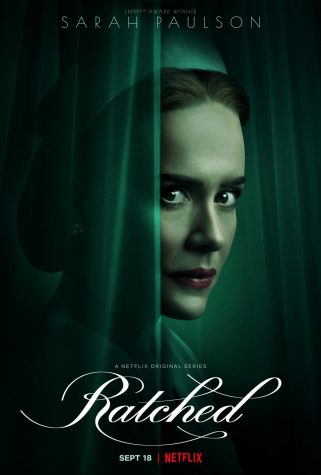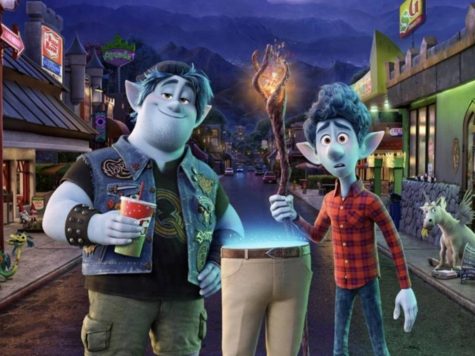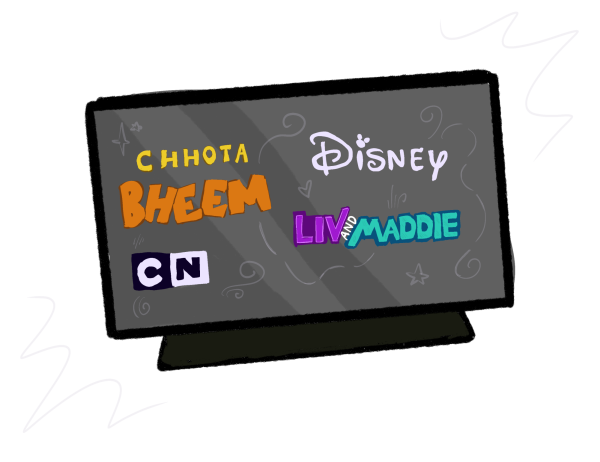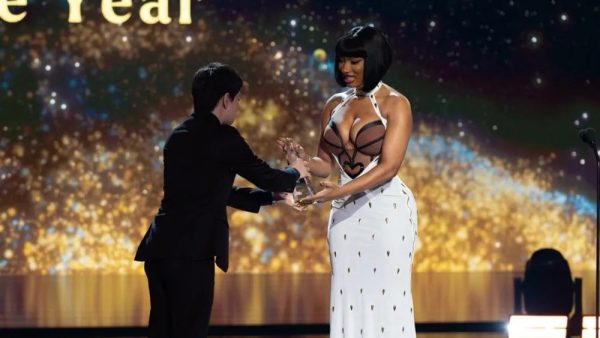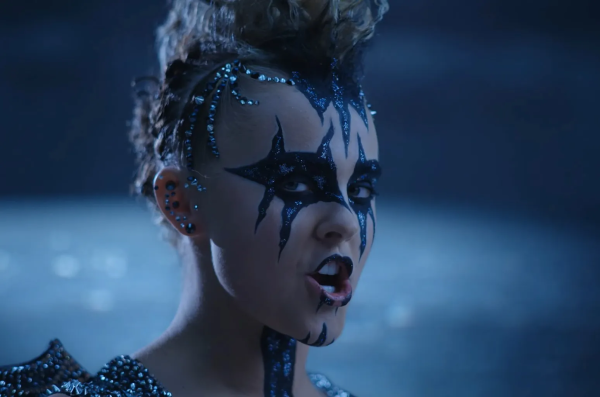The Reel: Tension
The most everlasting of emotions
The pub scene from Quentin Tarantino’s “Inglourious Basterds” (2009) is one of the most anxious conversations in movie history. Tarantino’s masterful use of dialogue and setting allows him to easily manipulate his audience and engage them into what’s on-screen, and keep them glued to the tension. (Photo courtesy of The Weinstein Company)
Any sort of on-screen entertainment must invoke emotion in the viewer. Sadness, happiness, anger, pity, laughter, the invocation of emotion is pretty much the definition of entertainment.
In order to maximize the extent of this emotion, movies need to employ plot development or character development, which refers to the progressing and changing spectrum of the story or a specific character. Development serves an important purpose: to make the viewer shift attention or feel during a specific point in the film. So, when the plot moves forward, the audience feels what the director intends, and are hence, more entertained.
Think of it like this: If a movie introduces a character, gives some backstory on that character, makes that character more likeable and then kills him/her off, the viewer would feel significantly heavier impact than if that character were mothballed. “Suicide Squad” (2016) is the perfect example of bad character development. The prison guard is given more exposition than Slipknot (If you don’t know who Slipknot is, then there’s the problem), who was the first Suicide Squad member to die. The event was played and painted as a huge reckoning for the group of villains, and quite an important one, too. But the character failed to invoke in the audience any remote level of interest or emotion.
I love feeling emotions when I watch movies. “Interstellar,” (2015) “The Lion King,” (1994) “Forrest Gump,” (1994), and “Game of Thrones,” (2011-2018) have all given my throat lumps. “The Social Network,” (2008) “The Dark Knight,” (2008) and “Inglourious Basterds” (2008) are several of the most entertaining films I’ve ever seen.
However, it’s just not the same after seeing great movie after great movie, especially since my condescending attitude forces me to analyze films instead of enjoy them. I’ve basically lost my ability to feel emotions at the movie theater at this point, with the exception of one: anxiety.
There are a lot of factors that go into crafting a scene that’s so tense, that generates a profound level of anxiety in the viewer.
What is perhaps the most important in a tense scene is what comes before. For example, establish a threat in a scene before dragging on the scene with almost pointless dialogue that serves no purpose other than to generate anxiety. If there’s a confrontation between a killer and victim, establish in the introduction of the movie that the killer is capable of killing without remorse. The viewer then feels more worried about the victim instead of saying “Oh, that’s a main character, they’re not going to die.”
The great British filmmaker Alfred Hitchcock practically invented the style in his movies “Vertigo” (1958) and “Psycho” (1960). Of course, people my age don’t exactly enjoy black-and-white movies with elementary cinematography by today’s standards. While I would love to just fill the list with Sergio Leone’s Western standoffs (an exceptional one is from “Once Upon a Time in the West”) and Hitchcock, I’d like to recommend some more modern films with amazing tension that will make all of you anxious for days, ranked from five to one. Enjoy biting your nails off while sitting on the edge of your seats:
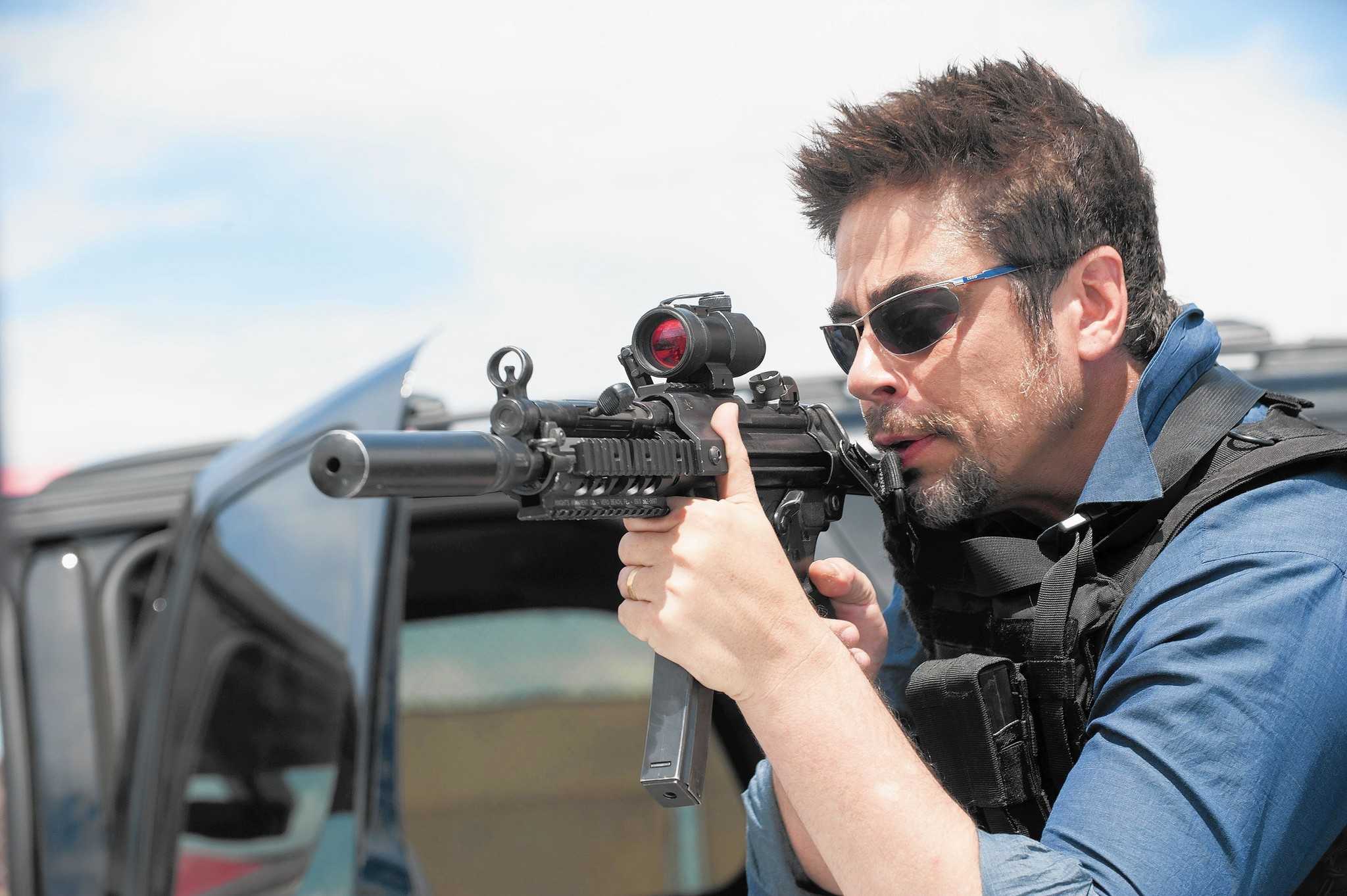
“Sicario,” directed by Denis Villeneuve
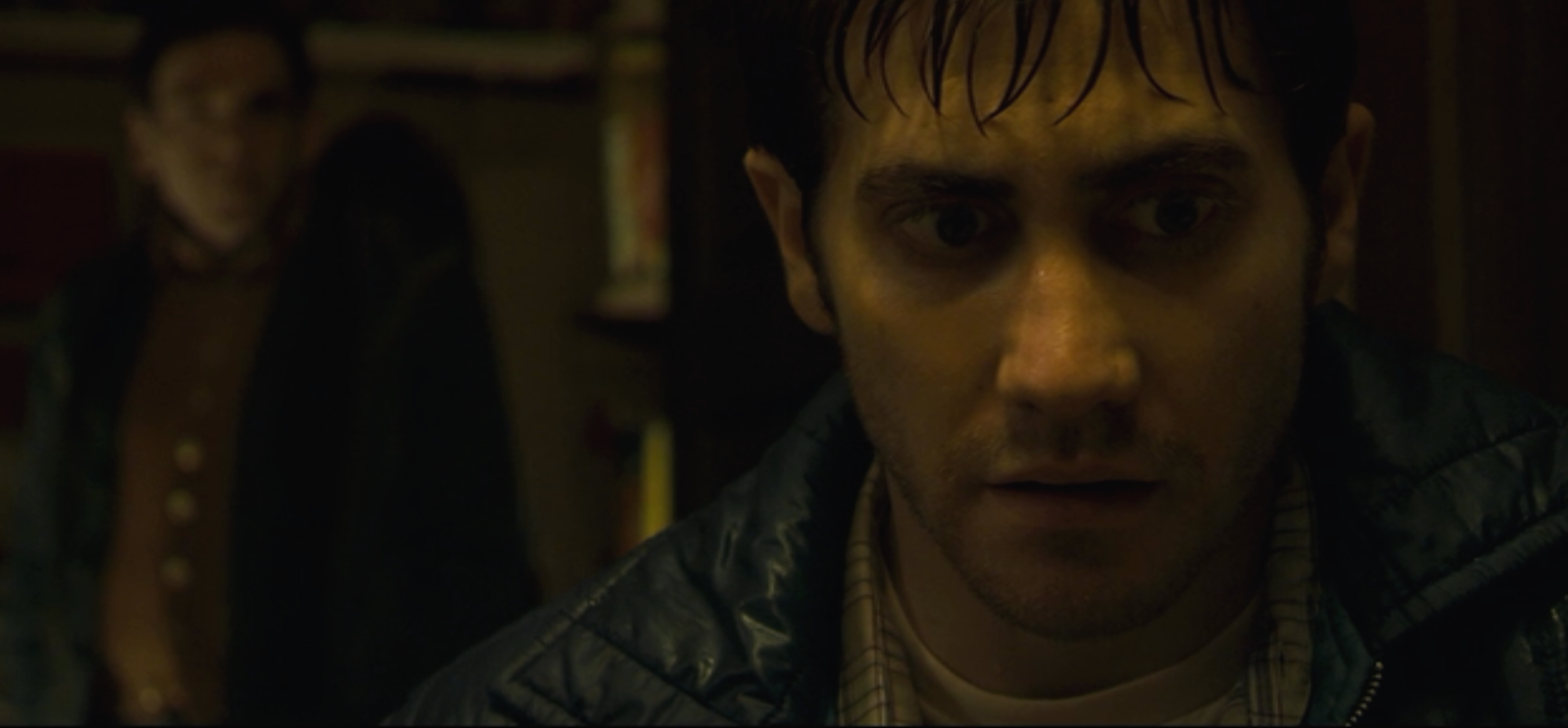
Warner Bros.“Zodiac,” directed by David Fincher

“Se7en,” directed by David Fincher
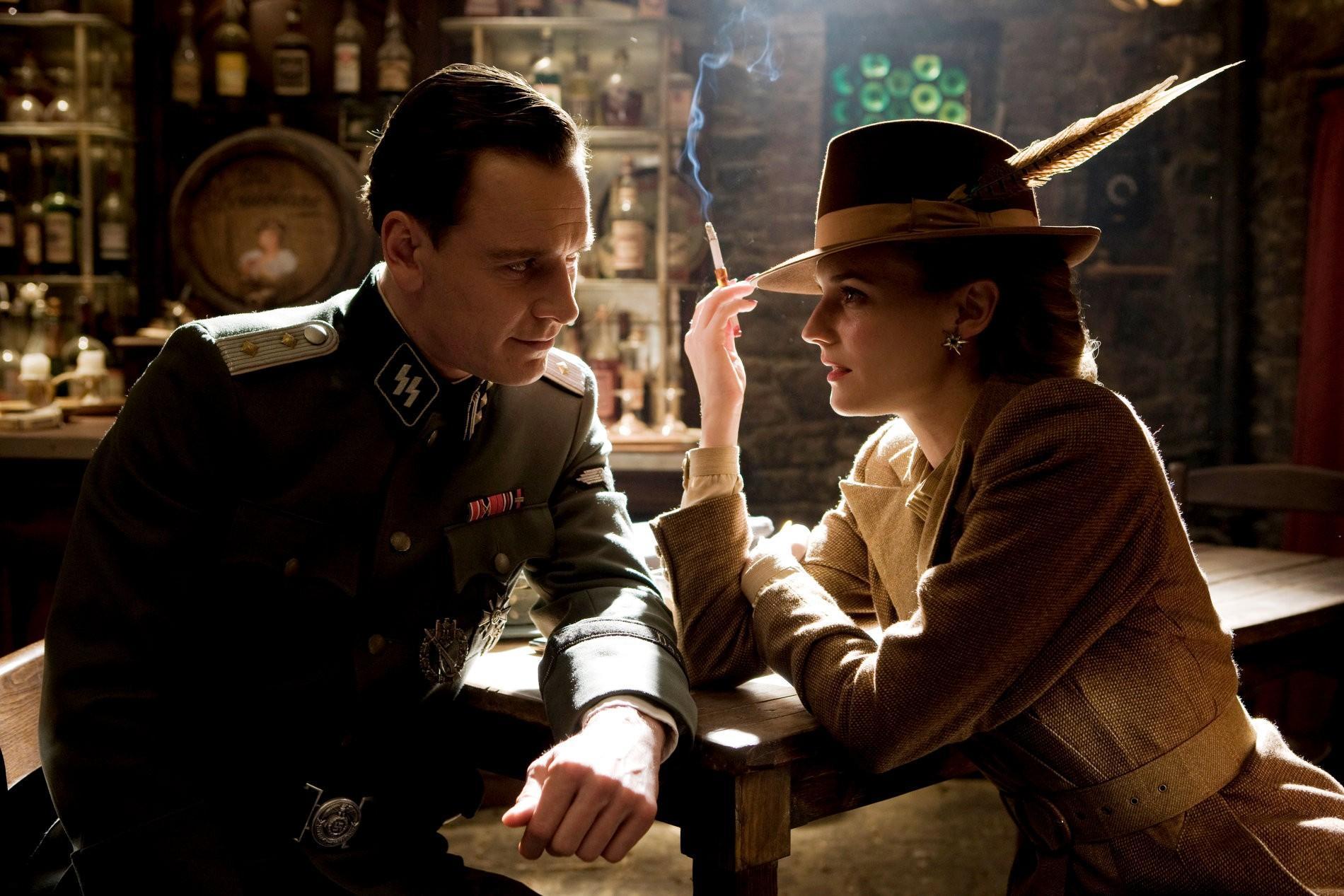
“Inglourious Basterds,” directed by Quentin Tarantino
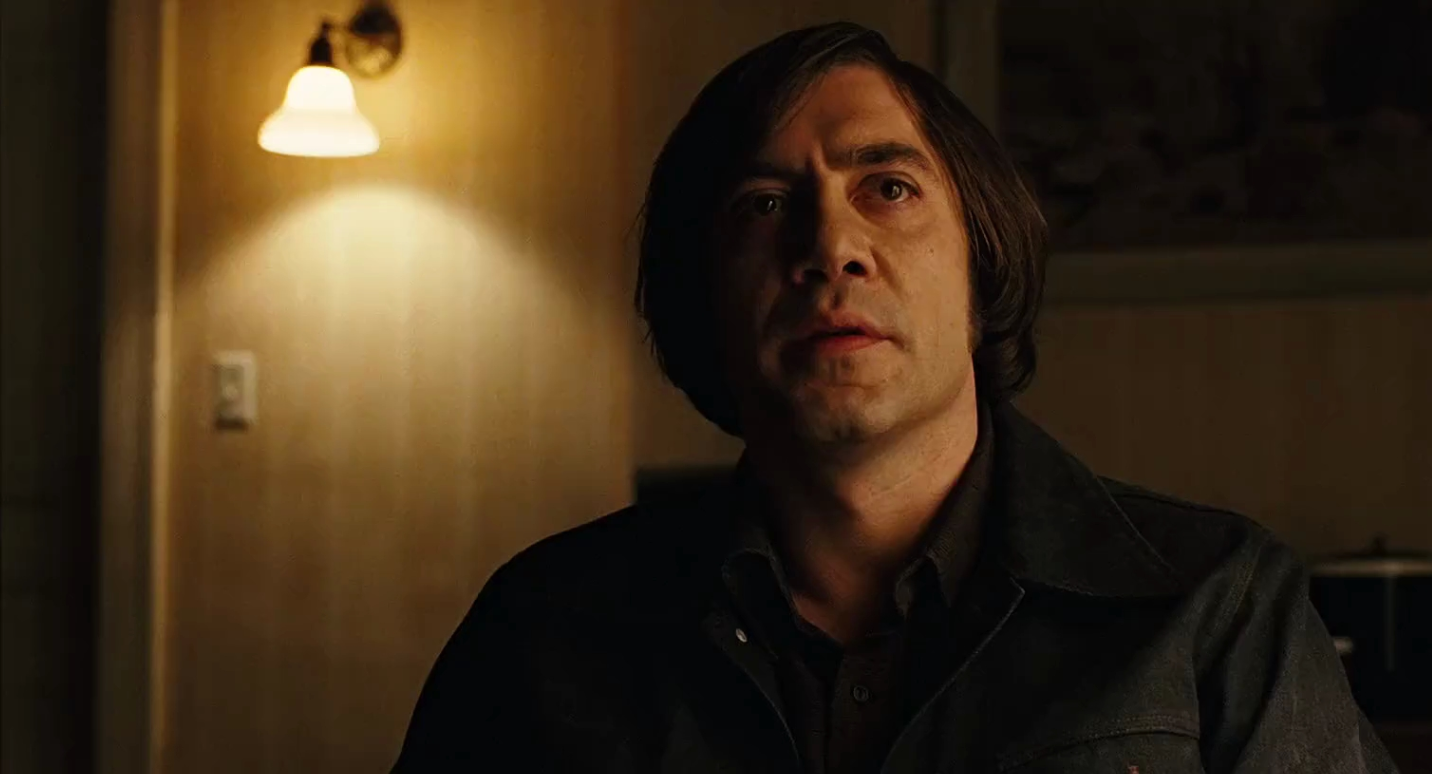
“No Country for Old Men,” directed by Ethan and Joel Cohen
These don’t have analyses attached to them, because spoiling amazing scenes is even worse when said scenes are supposed to keep the viewer in suspense. Nevertheless, I strongly urge you to watch every single one.



